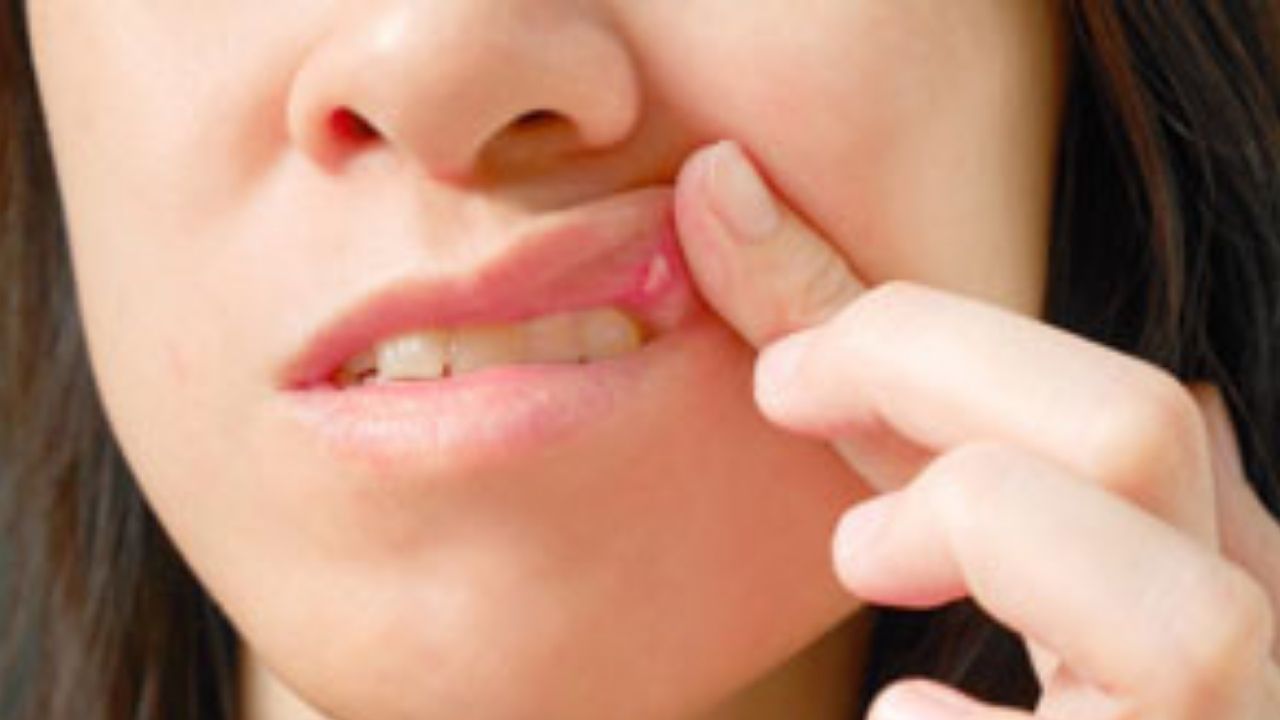CHANDIGARH
A canker sore is a small, superficial opened wound or ulcer in the mouth that develops. It makes eating and speaking difficult. Aphthous ulcers are another name for them.
Causes and Risk Factors for Canker Sores:
However, research show that the following factors can cause canker sores:
• Stress,
• Tissue damage, such as from a sharp tooth or a dental appliance, is common.
• Citrus or acidic fruits and vegetables, such as lemons, oranges, pineapples, apples, figs, tomatoes, and strawberries, are examples.
• Nonsteroidal anti-inflammatory medicines, or NSAIDs, are medications that are used to treat inflammation.
• An allergy to something in your food, toothpaste, or mouthwash, for example.
• Peptic ulcers are caused by the bacterium Helicobacter pylori.
If you experience any of the following symptoms, you may have a canker sore:
• A tingling or burning feeling that appears 6 to 24 hours before the appearance of a canker sore.
• Small mouth sores that are round or oval in shape, white, grey, or pale yellow in colour, and have a red edge or border.
• A painful sore or sores on your tongue, at the base of your gums, on your soft palate (the back area of your roof of mouth), or inside your cheeks that develop alone or in clusters.
Severe canker sores can also lead to:
• Fever
• Fatigue
• Lymph nodes swollen
Complex canker sores can be caused by a variety of factors, including:
• A compromised immune system, HIV/AIDS, lupus, or Behcet’s illness are all examples of underlying health conditions.
• Vitamin B12 deficiency, zinc deficiency, folic acid deficiency, and iron deficiency are all examples of nutritional issues.
• Celiac disease and Crohn’s disease are examples of gastrointestinal disorders.
• Canker sores affect about one out of every five people on a regular basis. Because of hormonal variances, they’re more common in women. It’s also possible that they run in families.
• Mouthwashes.
• A rinse containing a steroid or a painkiller can be prescribed by your doctor.
The following are some home remedies that can help you heal faster and feel better:
• Products for use on the skin.
• On the sore, medicated gels, creams, pastes, and liquids are applied.
• Rinses the mouth
• Swish warm water with a pinch of salt or baking soda about your mouth.
• Magnesia milk is a type of milk derived from magnesia.
• Apply a small amount to a cotton swab and dab on the sore.

 हिंदी
हिंदी






